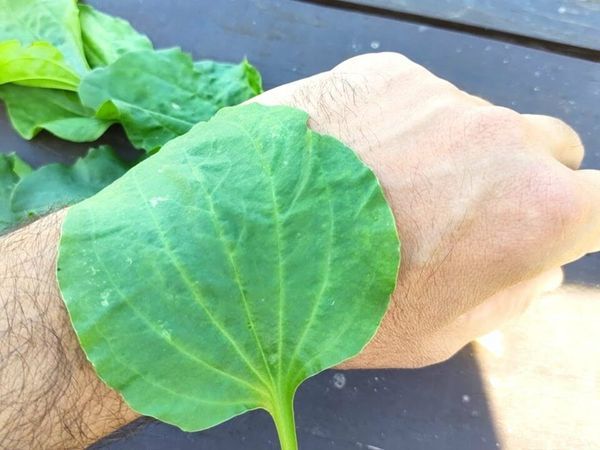You’ve probably walked past plantain weeds a hundred times without realizing their hidden power. This common backyard plant isn’t just a stubborn garden guest—it’s a natural remedy for everything from bug bites to stomach troubles. If you’re tired of relying on store-bought creams or pills, plantain might be the free, easy solution you’ve been overlooking.
What Makes Plantain Special?
Plantain (not to be confused with the banana-like fruit) is a leafy green plant that grows almost everywhere. For centuries, people have used its leaves to soothe skin irritations, heal wounds, and even ease coughs. The magic lies in its natural compounds—like allantoin, which speeds up skin repair, and tannins that reduce inflammation. Best of all, you don’t need fancy equipment to use it. Fresh leaves or a simple homemade salve can work wonders.
Key Benefits of Plantain
Plantain isn’t just a one-trick remedy. It can calm itchy mosquito bites and help with internal issues like heartburn. The leaves act as a natural bandage for cuts, thanks to their antibacterial properties. If you’ve got a sore throat, a tea made from dried leaves can reduce swelling. It’s also been used to ease digestive problems, like diarrhea or bladder infections, by soothing inflamed tissues.
Plantain Mix-Ins and Their Benefits
| Ingredient | Benefits When Mixed |
|---|---|
| Raw Honey | Boosts antibacterial power for wounds |
| Coconut Oil | Creates a moisturizing salve for dry skin |
| Aloe Vera | Enhances burn relief |
| Lemon Juice | Makes a throat-soothing cough syrup |
How to Use Plantain Step-by-Step
- For bug bites or rashes: Crush fresh leaves into a paste, apply directly to skin, and cover with a bandage for 2-3 hours.
- To make healing oil: Fill a jar with dried leaves, cover with olive oil, and let sit for 4-6 weeks. Strain and use on cuts.
- For sore throats: Steep 1 tablespoon of dried leaves in hot water for 10 minutes. Add honey and sip slowly.
- Emergency poultice: Chew a clean leaf briefly (to activate juices) and press it onto splinters or bee stings.
Remember
Always test a small skin patch first—some people may get mild rashes. Avoid using plantain from areas sprayed with pesticides. While plantain is generally safe, don’t substitute it for serious wounds or infections—see a doctor if swelling or redness spreads. Pregnant women should consult their healthcare provider before using it internally.

